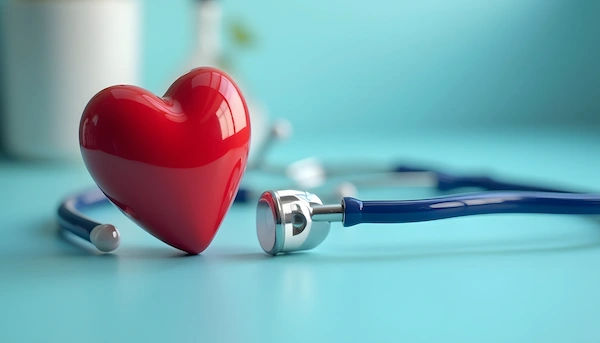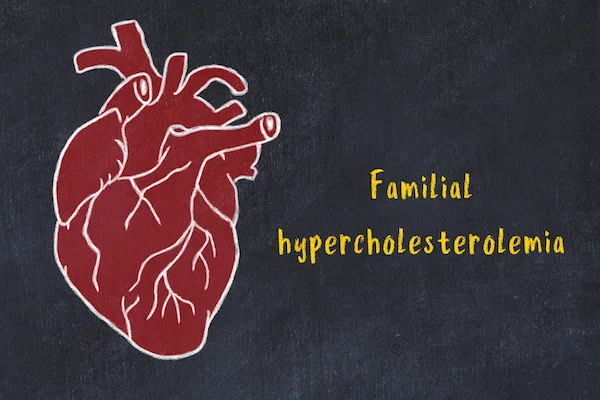- male
- 50 Years
- 22/01/2025
I've noticed some changes in my recent lab results, and I'm a bit worried. My triglycerides have gone up from 374 in December to 470 mgdl now. My HDL improved from 31 to 42 mgdl, but my LDL dropped from 153 to 78 mgdl and my VLDL jumped from 34 to 94 mgdl. I haven't taken any medicine, just changed my diet and stopped eating out. Should I see a cardiologist or just a regular physician?
More Cardiology Health Queries
View allWhat should we do when BP is high?
You must be evaluated and started on medications appropriately. Do some lifestyle modifications too such as low salt diet, physical activity daily and quit smoking, alcohol.
Answered by 1 Apollo Doctors
I've been on Telma 20 mg for about 10 days, but I haven't taken it recently. My blood pressure is now staying around 13082. Should I continue taking the medication or is it okay to stop? I'm just unsure about how to proceed.
You should continue taking Telma 20 mg to help manage your blood pressure. It is important to take your medication as prescribed to maintain a healthy blood pressure level. If you have any concerns about your medication, consult your doctor for further guidance.
Answered by 1 Apollo Doctors
I've been having a bit of a worry for a while now. I'm 21 and recently went through getting an ECG done a few times, around 5 to 6 times at different hospitals, but none of them could get a proper reading. It's strange because I've never had any heart issues before. The doctors keep mentioning that my pulse rate seems to always be on the higher side. I'm stressing out because this issue made me fail medical exams for some government jobs. What could be causing this? Any suggestions on what steps I should take next? It's really starting to get to me.
It sounds like you may be experiencing a condition called sinus tachycardia, which is when your heart rate is consistently elevated. To help manage this, you can try taking a beta-blocker medication such as Metoprolol (25-50mg) once daily. This medication can help lower your heart rate and improve your symptoms. However, it's important to consult with a doctor to confirm the diagnosis and determine the appropriate treatment plan for your specific situation.
Answered by 1 Apollo Doctors
Disclaimer: Answers on Apollo 247 are not intended to replace your doctor advice. Always seek help of a professional doctor in case of an medical emergency or ailment.





